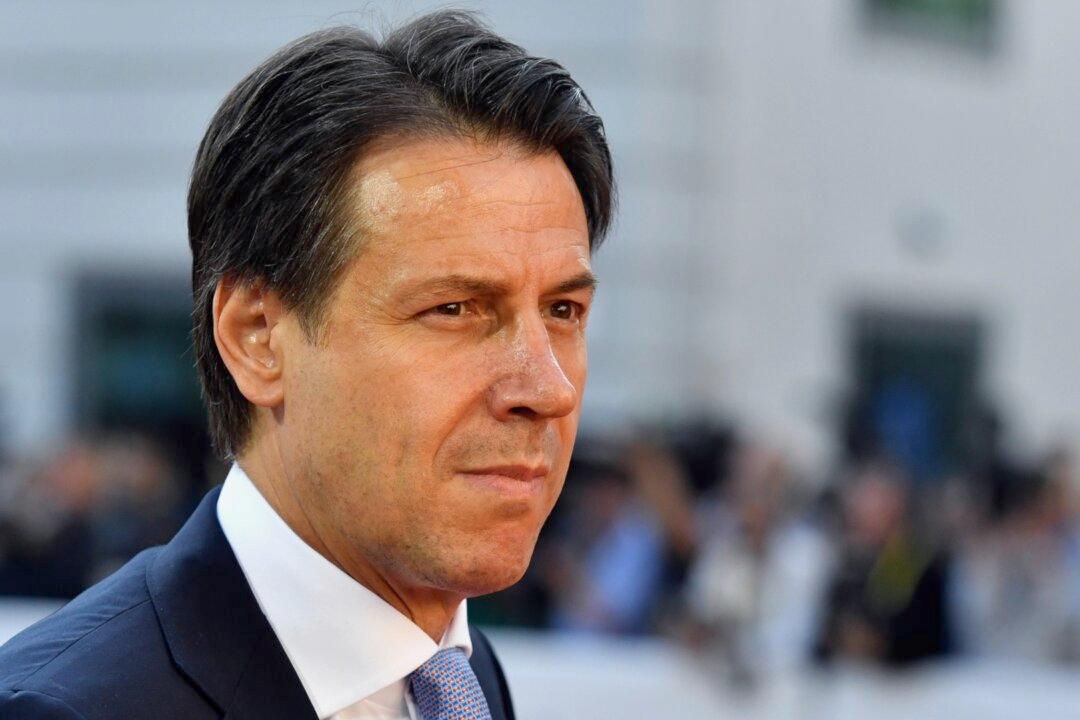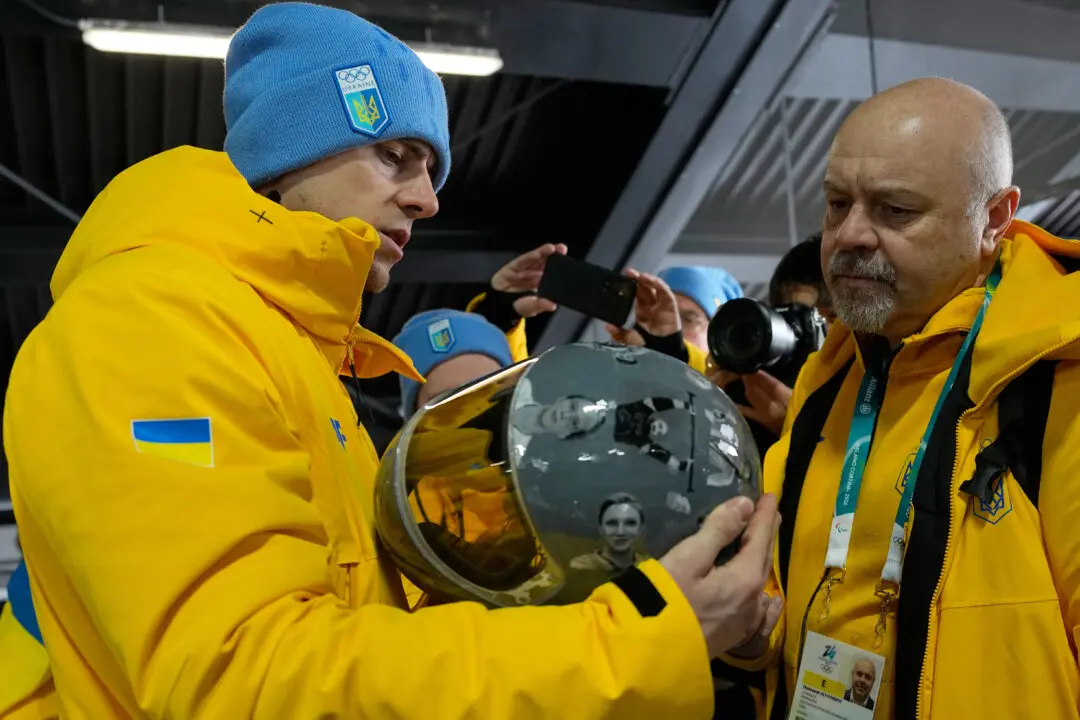PALERMO, Sicily—Representatives of Libya’s quarrelling factions and of countries keen on stabilizing the North African nation were attending a conference in Sicily on Nov. 12, aimed at finding a political settlement to bolster the fight against Islamic militants and stop illegal migrants from crossing the Mediterranean to Europe’s southern shores.
The driving force behind the conference is Italian Premier Giuseppe Conte, but hours before it was due to start, the hopes for success seemed limited.





